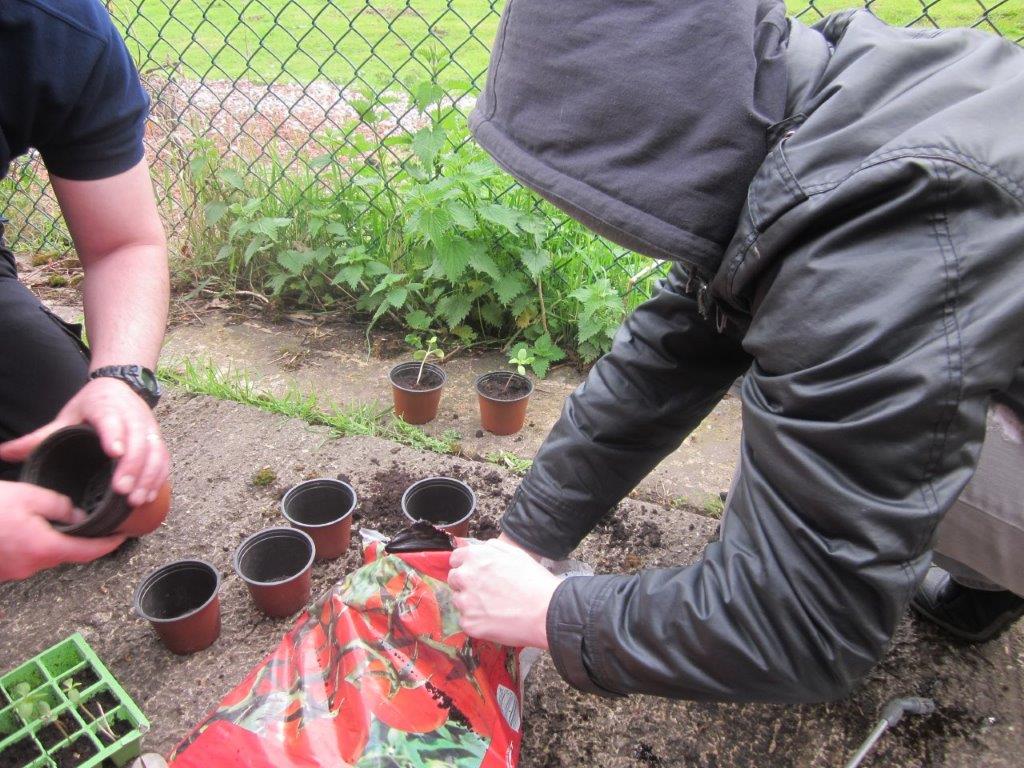What does iMap stand for?
individuals Making autism positive was a name developed at the very start of our journey by the families of our young people.
It was important to parents that what we do, how we support people and the opportunities created together – were above all else – positive. Over the years we have shaped our services to ensure positive approaches and engagement remains at the centre of everything we do.


Our day-to-day approach
iMap offer a range of services for both children and adults with Autism, learning disabilities and/or complex needs. Our day-to-day approach is underpinned by a highly qualified team who provide a wealth of experience, with a warm and supportive feel.
Our focus is to offer a service that meets with needs of the individual – rather than expecting the individual to fit into the service. Our personalised and progressive pathways help maximise people’s independence whilst our passionate and committed staff team provide high quality care – ‘We take the time to do things properly’.
Through Understanding we will Empower each individual to achieve their Aspirations
Our Aims and Values
Safe and Secure Environment
Lasting Relationships
iMap – individuals Making autism positive- was born in 2010, growing out of a long established service that had offered support and care to children and young people in the Cheshire West area.
Over a number of years, iMap has steadily expanded its services and facilities on the request of those that commissioned childrens support to enable our young people to seamlessly transition into adult provision thus offering a greater degree of consistency of care.
For the parents and families of children with a diagnosis of autism trying to meet the educational, social, emotional and care needs of their child can be a daunting task. At iMap we offer a bright, vibrant, honest and effective service based on respect, mutual understanding and an open and transparent partnership. We know that children all have individual needs and we will work openly with parents and professionals, learn how best to look after children in our care and ensure that consistency carries through into their adult life. We work hard to make sure that we use plain language and do not hide behind professional jargon, so we can avoid confusion, mistakes and frustration; we keep it clear and simple. We will not be embarrassed to say ‘WE DON’T KNOW’ but we will always help.

